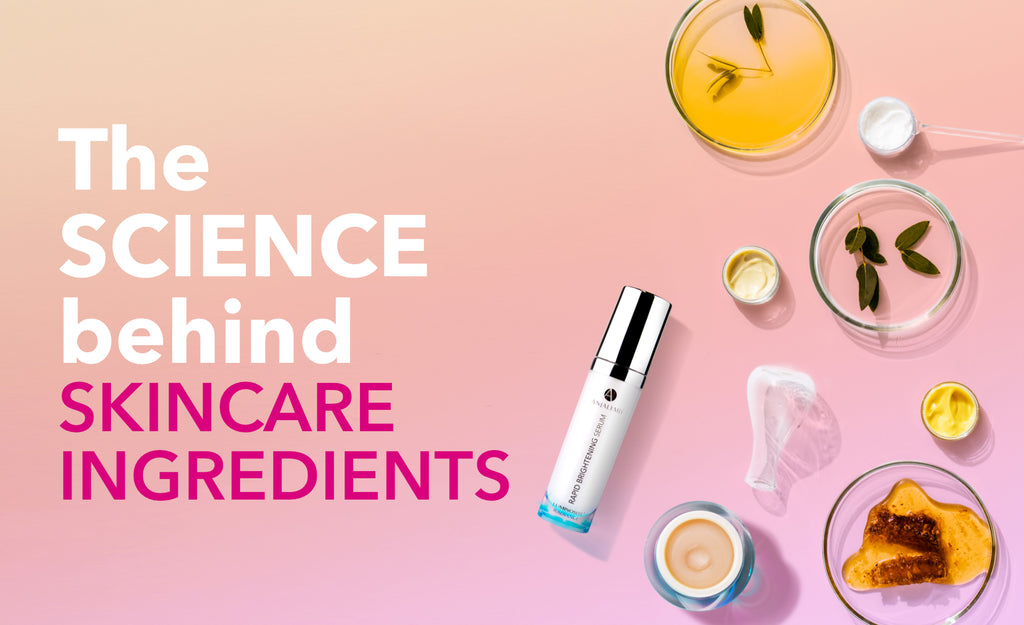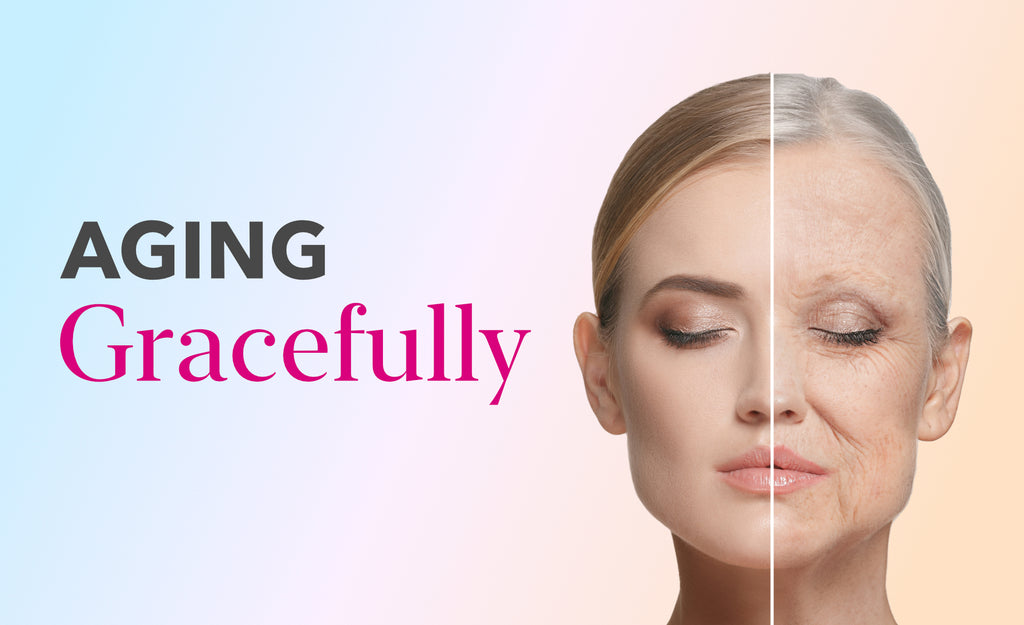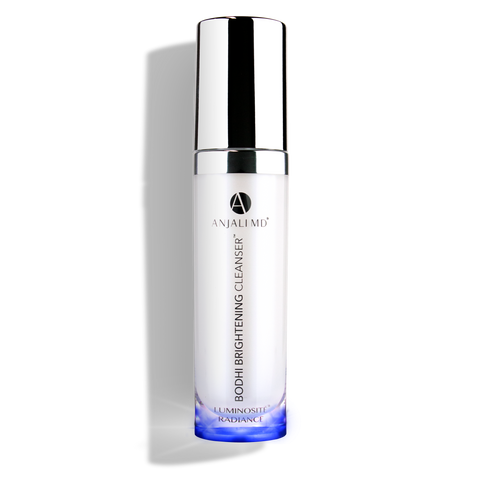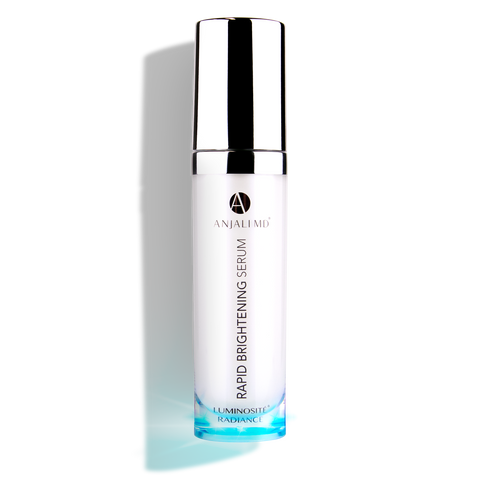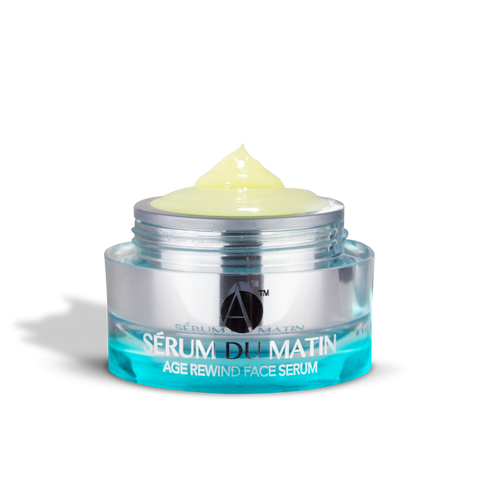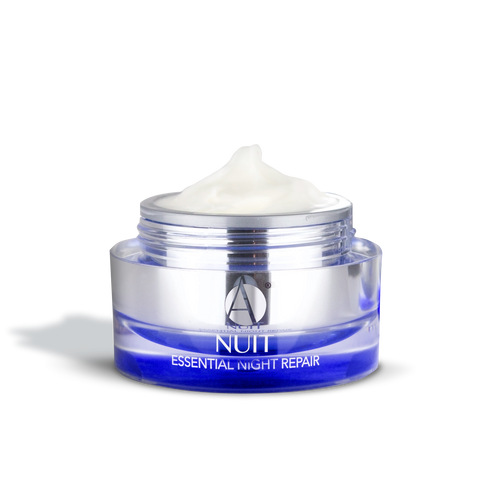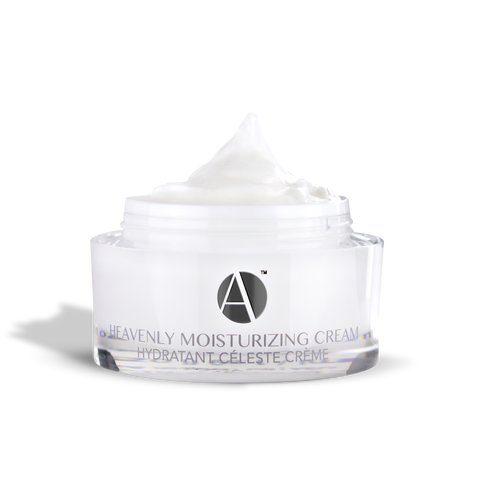3 Tips for Dark Spots this Fall

Anyone who suffers from dark spots, extra pigment or melasma knows that summer is a scary time for the skin. Skin is constantly facing more sun exposure as we go out to enjoy the warmth. As the seasons change and we go into autumn, there is a natural tendency for many people to get more relaxed about their skincare.
As the days become shorter and the temperature begins to drop, clients often let their skin care guard down during the fall.
Anyone who suffers from dark spots, extra pigment or melasma knows that summer is a scary time for the skin. Skin is constantly facing more sun exposure as we go out to enjoy the warmth. As the seasons change and we go into autumn, there is a natural tendency for many people to get more relaxed about their skincare.
There’s a lot going on during the fall. From back-to-school to pre-holiday planning, it’s easy to skip steps in your skincare routine. Unfortunately, pigment never takes a break. While there are more pigment triggers around during the summer, the cells that make pigment, melanocytes, continue to make extra pigment no matter what the season.
Here are a few tips for anyone with dark spots, hyperpigmentation and an uneven complexion during the autumn.
Step up your routine
Welcome to dermatology’s favorite season!!
This is the time when our skin tends to be more calm and have less inflammation compared to the summer heat. This means our skin can handle more aggressive skincare routines.
This is the perfect time to start a stronger beauty routine or start ingredients you’ve been waiting to use, like retinol, bakuchiol, fruit acids or glycolic acid.
In my practice, we often map out a lighter skincare plan for my patients during the summer. We may only recommend Bodhi Brightening Cleanser (light lemon, vitamin C, glycolic acid cleanser), Rapid Brightening Serum (vitamin C, rose water, hyaluronic acid and arbutin hydrating serum) and Dark Spot Eraser Brightening Mask (made of fruit acids and natural extracts) during the summer. This way my patient’s skin gets 3 powerhouse products to reduce spots, in formulas that feel lighter during the summer.
Then we may step up to the entire Dark Spot Treatment System during the fall. This way we can incorporate a moisturizing face serum (Age Rewind Face Serum) and hydrating night retinol cream (Brightening Retinol Night Cream) during the colder months. It’s also a great time to add ingredients glycolic acid, gotu kola and other heavier botanicals like lily, cipadessa and vetiver.
Maintain a schedule
It’s easy to skip steps of your skincare during this time. The fall can be very hectic with back-to-school and holiday planning. It also can be a slower season of rest after the summer heat and travel.
There can definitely be a tendency to skip a step of your skincare here and there. I tell my patients a few “skips” may be okay in the long run, but these small “skips” can easily get more frequent.
Be disciplined and continue your skincare routine. The melanocyte cells in our skin are constantly making pigment. They don’t take a break. So it’s important to use your products consistently every day. Taking days off from your skincare can easily reverse the progress your skin is making.
It’s also important to remember pigment production is a very complex process. In each product line, the products are generally designed to target pigment in a different way. For example, the steps our Dark Spot Treatment System each work in a unique way to reduce hyperpigmentation. If you start skipping on a product, you’re missing out on a key piece of your treatment.
Keep up your sunscreen
You’ve heard this time and time again. Wear your sunscreen!
The sun’s ultraviolet (UV) rays are around us year-round. While the UV rays are stronger during the summer and spring, our skin is still exposed to UV radiation during the fall and winter. That’s why it’s important to continue constant sunscreen use.
UV rays can also penetrate window glass. So even if you’re spending more time indoors during the cold weather, UVA rays, which cause aging and skin cancer, come through the glass in your home, office and car.
That’s why it’s important to wear sunscreen every day, with frequent re-application. I personally find wearing sunscreen easier in the fall and winter because most sunscreen formulas continue to be thick. This heavier feel isn’t as annoying during the colder months and can even add a good layer of moisture.











